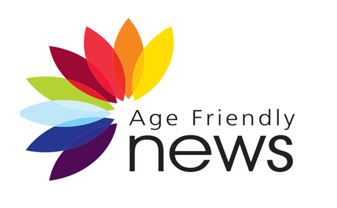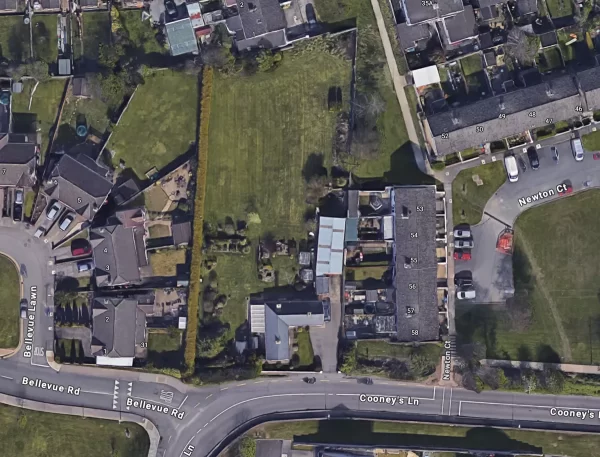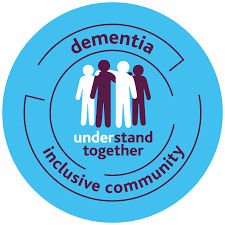This report examines healthcare resource allocation in Ireland.
It was funded through a Department of Health research programme
Findings underscore the need for a resource allocation mechanism that can effectively address the varying healthcare demands across the country.
The focus is on evaluating the current resource allocation mechanisms and exploring the potential of implementing population-based resource allocation (PBRA) mechanisms within proposed HSE Health Regions (HRs).
PBRA mechanisms are employed successfully in other countries, and offer a structured approach to allocate healthcare resources based on population needs. These models consider various factors such as age, health status and socioeconomic conditions, ensuring a more equitable distribution of healthcare services.
Ireland lacks a system-wise PBRA approach to making resource allocation decisions.
This proposed shift towards PBRA would also help to further the main goals of Sláintecare
The report examines PBRA mechanisms within international systems and resource allocation and funding mechanisms in the Irish healthcare system.
Four important case studies are highlighted, which provide examples of resource allocations and funding mechanisms in Ireland, offering lessons for the regional restructuring and PBRA formulae proposed.
FINDINGS
The proposed PBRA formulae for HSE HRs, developed by the Department of Health, represent a significant step forward for Irish healthcare in terms of resource allocation and decision-making. The formulae are based on population size, age and sex profiles, deprivation profiles and rurality profiles of the six HSE HRs, adjusted sequentially. They are proposed to cover key health and social care services, including HSE-funded acute public hospital care, community care and some services for older people. The formulae are simple and clear, and their parameters largely match those in countries with more established PBRA mechanisms.
We suggest that some modifications may be required to enhance their effectiveness. Overall, the methodology used to determine the PBRA parameters, and the parameters included, closely follow those used in other countries and will likely lead to a more equitable allocation of funding. The parameters, and the level of data available to inform them, also increase the potential for developing medium term health and social care budgets. However, based on the arbitrary weights applied to both deprivation and rurality, an evaluation of appropriate weighting schemes is recommended, possibly drawing lessons from other public policy allocation mechanisms, such as the DEIS (Delivering Equality of Opportunity in Schools) education programme.
The report found no evidence of additional health differences across HSE HRs that need to be accounted for in the formulae, though we note data availability may curtail this analysis. However, we identified a clear impact of medical card coverage on healthcare demand, even after controlling for age, sex and deprivation. Parameters like medical card status, not typically featured in other countries’ PBRA formulae, were excluded from the proposed Irish PBRA. However, given the unique nature of the Irish healthcare system and the evidence that medical cards are associated with higher healthcare demand, policymakers should consider including medical card coverage in resource allocation decisions.
A convergence or transition process, akin to that used in the National Health Service (NHS) England, should be employed to gradually move from initial funding levels to target allocations, ensuring that sudden financial impacts are mitigated. Governance and oversight of the PBRA and the transition to HRs are vital for their success. An advisory group, as proposed by the Department of Health, is essential for PBRA implementation.








